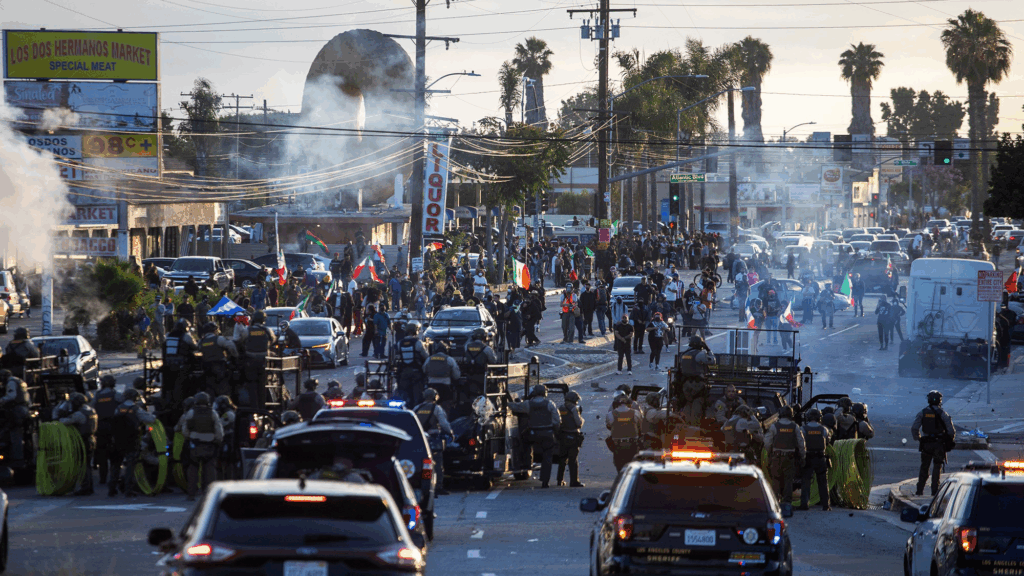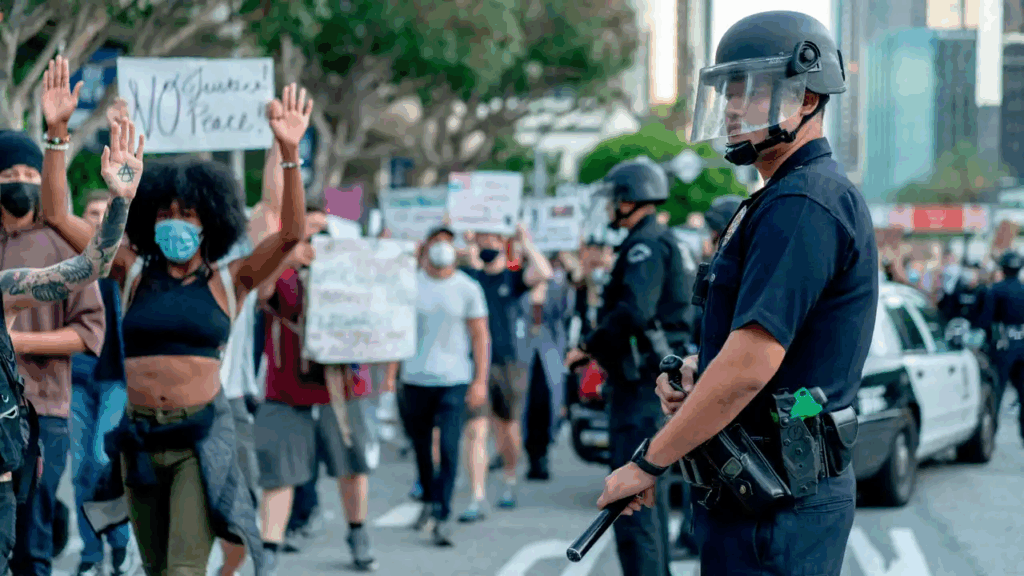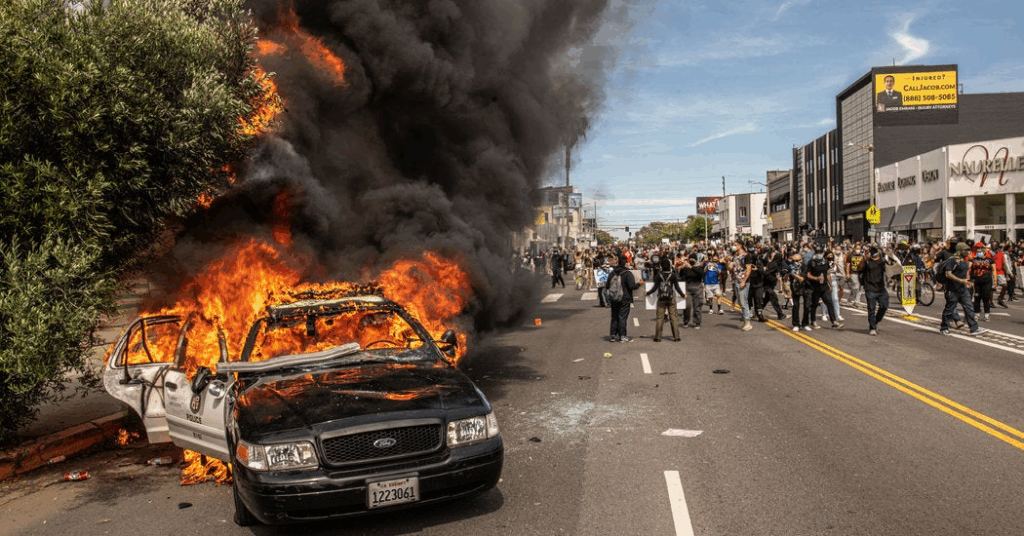In a powerful display of solidarity and resistance, thousands of people gathered in Los Angeles to protest the US government’s intensified crackdown on immigrants. The demonstrations reflect growing concerns over immigration policies that many see as harsh, unjust, and detrimental to immigrant communities across the country.

The protests in Los Angeles saw diverse groups coming together—families, activists, advocacy organizations, and allies—demanding humane treatment and fair policies for immigrants. Participants carried signs, chanted slogans, and shared stories of hardship faced under current immigration enforcement practices.

The US government has recently ramped up immigration enforcement efforts, including increased deportations, stricter border controls, and expanded use of detention centers. Critics argue that these policies have led to family separations, increased fear within immigrant communities, and violations of human rights. Supporters, on the other hand, claim they are necessary for national security and immigration law enforcement.
This heightened crackdown has ignited widespread debate and activism, with many fearing that vulnerable populations are being unfairly targeted and marginalized.

The massive protests in Los Angeles are just one chapter in a broader national movement demanding reform and compassion. How the US government responds to this outpouring of dissent remains uncertain. Historically, such protests have either prompted policy reconsideration or intensified political debates.
Some policymakers have expressed willingness to review immigration enforcement strategies, emphasizing the need for comprehensive immigration reform that balances security with humane treatment. Others remain committed to tough enforcement, arguing that protests are part of a broader political divide.

The thousands who stood up in Los Angeles demonstrate the power of collective voice and the ongoing struggle for immigrant rights in the United States. As the debate continues, the way the government responds will be pivotal in shaping the future of immigration policy and social justice in America.